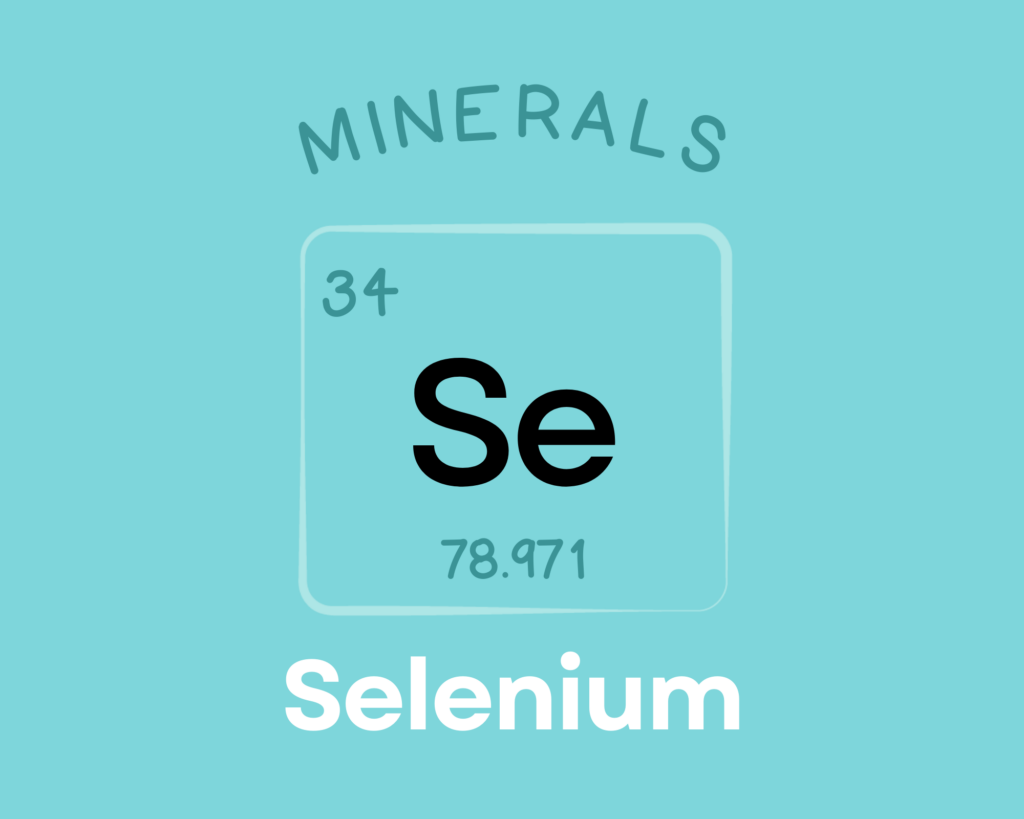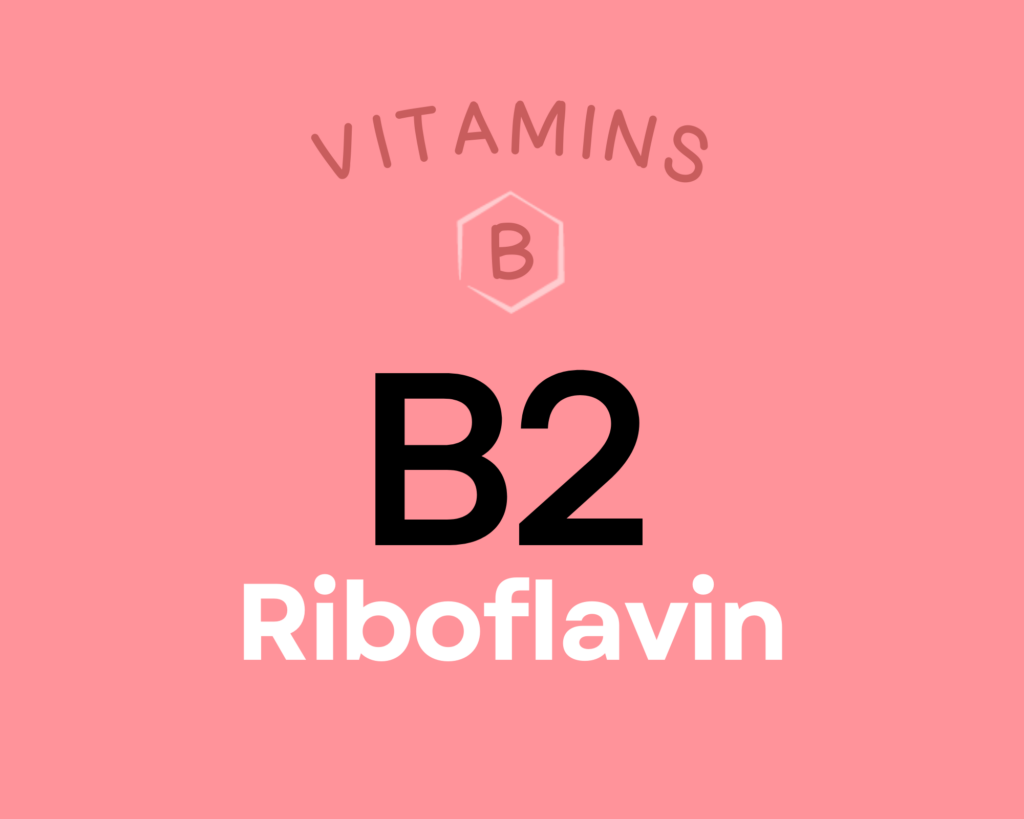Turkey gizzards are an often overlooked part of the bird that actually packs a powerful nutritional punch This article takes an in-depth look at turkey gizzards – what they are, their health benefits, and creative ways to cook them.
What Are Turkey Gizzards?
The gizzard is a small, muscular organ found in the digestive tract of turkeys chickens and other birds. Since birds do not have teeth to chew and break down food, the gizzard performs this vital function. It contains small stones and grit that help to grind up food before passing it further along the digestive system.
While many people discard gizzards when preparing a turkey, they are completely edible and full of nutrients.
Nutritional Profile – The Benefits of Turkey Gizzards
Despite their small size turkey gizzards are packed with protein vitamins and minerals
-
High in Protein: A 3.5 ounce serving contains 17.7 grams of protein, providing over 30% of the recommended daily intake. The ample protein makes gizzards excellent for building muscle and satisfying hunger.
-
Low in Fat: With less than 1 gram of fat per serving, gizzards are a lean source of protein. This makes them ideal for weight management or heart health diets.
-
Rich in Iron: Turkey gizzards contain 14% of the daily recommended iron intake per serving. Iron carries oxygen throughout the body, prevents anemia, and boosts energy levels.
-
High in Zinc: A mineral important for immune function and metabolism. Turkey gizzards provide 18% of the daily zinc needs.
-
Good Source of B Vitamins: Particularly high in vitamin B12 (20% DV) and niacin (18% DV), B vitamins help convert food into energy and form red blood cells.
Other nutrients found in abundant amounts include selenium, phosphorus, and copper. The winning combination of protein, vitamins, and minerals makes turkey gizzards a nutritious addition to a healthy diet.
Health Benefits of Turkey Gizzards
With their stellar nutritional profile, enjoying turkey gizzards offers many potential benefits:
-
Muscle Growth and Maintenance: The substantial protein content makes gizzards ideal for building and retaining muscle, especially when paired with strength training. Athletes, bodybuilders, and older adults at risk for muscle loss may benefit from adding gizzards to their diet.
-
Increased Satiety: High protein foods like turkey gizzards curb hunger hormones and keep you feeling full for longer. This can aid in managing a healthy body weight. One study found protein to be the most satiating macronutrient.
-
Energy Boost: As a rich source of iron, turkey gizzards can help combat fatigue and weakness associated with iron deficiency anemia. B vitamins also convert food into usable energy.
-
Heart Health: With minimal fat and zero carbs, gizzards support cardiovascular wellness as part of an overall healthy eating pattern.
-
Immune Support: Selenium, zinc, vitamin B12, and other nutrients in turkey gizzards contribute to proper immune function.
Cooking with Turkey Gizzards
When properly prepared, turkey gizzards have a rich, meaty taste and tender texture. Here are some serving ideas:
-
Giblet Gravy: Chopped gizzards add flavorful depth to gravy and pan sauces. Simmer them in the turkey drippings along with aromatics like onion and garlic.
-
Fried Gizzards: For a crispy, crunchy snack, coat sliced gizzards with seasoned flour and fry in oil until golden brown. Enjoy as finger food.
-
Gizzard Skewers: Alternate pieces of gizzard, onion, and pepper on skewers. Marinate then grill or broil the skewers for a high-protein main dish.
-
Gizzard and Rice Soup: Simmer gizzards with vegetables like carrots, celery, and onion in broth. Shred the cooked gizzards and serve the soup over rice.
-
Smothered Turkey Gizzards: Braise gizzards in a savory gravy made with turkey stock, tomatoes, herbs, and spices. Serve over mashed potatoes or rice.
Always rinse gizzards well and trim any excess fat before cooking. They can then be boiled, baked, or simmered in liquid to tenderize. Cooking times vary from 30 minutes up to a few hours for extremely tender gizzards.
Potential Concerns
While quite healthy, a few precautions apply when eating turkey gizzards:
-
Like many organ meats, gizzards contain high levels of cholesterol. People with heart disease or high cholesterol should enjoy them in moderation as part of an overall healthy diet.
-
Gout sufferers should also limit intake, as gizzards contain moderate amounts of purines which can trigger attacks in susceptible individuals.
-
To avoid exposure to antibiotics and other drugs, choose organic or heritage breed turkeys when possible.
Within a balanced diet and for most healthy individuals, turkey gizzards can be enjoyed with little risk. Always practice proper food safety handling when cooking any poultry.
Overlooked as waste by many home cooks, the humble turkey gizzard is worthy of a place on your plate. Chock-full of protein, vitamins, and minerals, gizzards offer unique health benefits. Their versatility also allows for endless possibilities to incorporate them into delicious recipes.
While not the most popular part of the bird, turkey gizzards provide an opportunity to reduce food waste, discover new flavors, and gain nutrition. So next holiday season when you prepare your turkey, consider setting aside the gizzards to unlock their potential. Your body and taste buds may thank you!

Turkey Giblets Provide 90% DV Selenium
Turkey giblets are a great source of selenium, providing 90% of the daily value per 3.5-ounce serving!

Selenium is a trace mineral needed by all mammals to sustain life. It’s a part of the non-proteinogenic amino acids selenocysteine and selenomethionine, and it also helps make more than twenty selenoproteins that are important for reproduction, the metabolism of thyroid hormones, the defense against free radicals, DNA synthesis, and immunity. Observational studies suggest that selenium may help protect against cancer, heart disease, asthma, and inflammatory bowel disease, but human trials have mostly been lacking or contradictory. Selenium may also help keep people from getting asthma and inflammatory bowel disease, and it may also lower the risk of death in people who have sepsis. Learn more about selenium here.
Turkey Giblets Provide 107% DV Vitamin B2 (Riboflavin)
Turkey giblets are a best source of vitamin B2 (riboflavin), providing 107% of the daily value per 3. 5-ounce serving!.

Flavin mononucleotide (FMN) and flavin adenine dinucleotide (FAD) are two important coenzymes that help with oxidation-reduction reactions. Riboflavin, also known as vitamin B2, is one of these vitamins. These coenzymes work together to make antibodies, energy, help with growth and development, keep skin and hair healthy, and break down other nutrients like vitamin B6, niacin, folate, and iron. Researchers have found that riboflavin may help prevent or treat migraines, heart disease, cataracts, and preeclampsia during pregnancy. It also possesses some anti-cancer properties due to its involvement in folate metabolism and MTHFR activity. Learn more about vitamin B2 here.
Are turkey gizzards healthy?
FAQ
Is it healthy to eat turkey gizzards?
How often should you eat gizzards?
Which is healthier, gizzards or liver?
Is turkey gizzard high in cholesterol?
Are turkey gizzards healthy?
Turkey gizzards are a delicious and nutritious part of the turkey. They are a good source of protein, iron, and zinc. However, they can be tough and chewy if not cooked properly. This guide will show you how to prepare and cook turkey gizzards so that they are tender and flavorful. Preparing Turkey Gizzards
What are the health benefits of ground turkey?
Ground turkey has multiple benefits. It is a good source of minerals, and B vitamins, rich in proteins, low in fat and it is lower in calories than common turkey.
Are gizzards good for You?
Eating gizzards will also increase your mineral consumption, as each serving provides 6.4 milligrams of zinc, or 43 percent of the DV; 4.6 milligrams of iron, or 26 percent of the DV; and 274 milligrams of phosphorus, or 27 percent of the DV. Zinc helps form DNA and proteins and is involved with wound healing and immune function.
What is a turkey gizzard used for?
Turkey gizzards are one of the most versatile giblets; they can be used to add a depth of flavor to stuffing and gravy, but they can also be deep fried and enjoyed as a crunchy snack. Some folks even pickle gizzards. What Is a Turkey Gizzard? Why does a turkey have a gizzard in the first place?
Can turkey gizzards be used as a filling?
Absolutely! Turkey gizzards are a versatile ingredient that can be used in various dishes. They can be chopped and added to soups, stews, or casseroles to enhance the flavors and add a hearty texture. They can also be ground and used as a filling for dumplings or added to meatballs for extra richness.
Are chicken gizzards healthy?
This may come as a surprise, but gizzards are some of the healthiest and most nutritious organ meats. They’re chock-full of protein and low in fat, which makes them ideal for dieters. Their nutritional value, though, depends on how you cook them. A 3.5-ounce serving of chicken gizzards provides:
